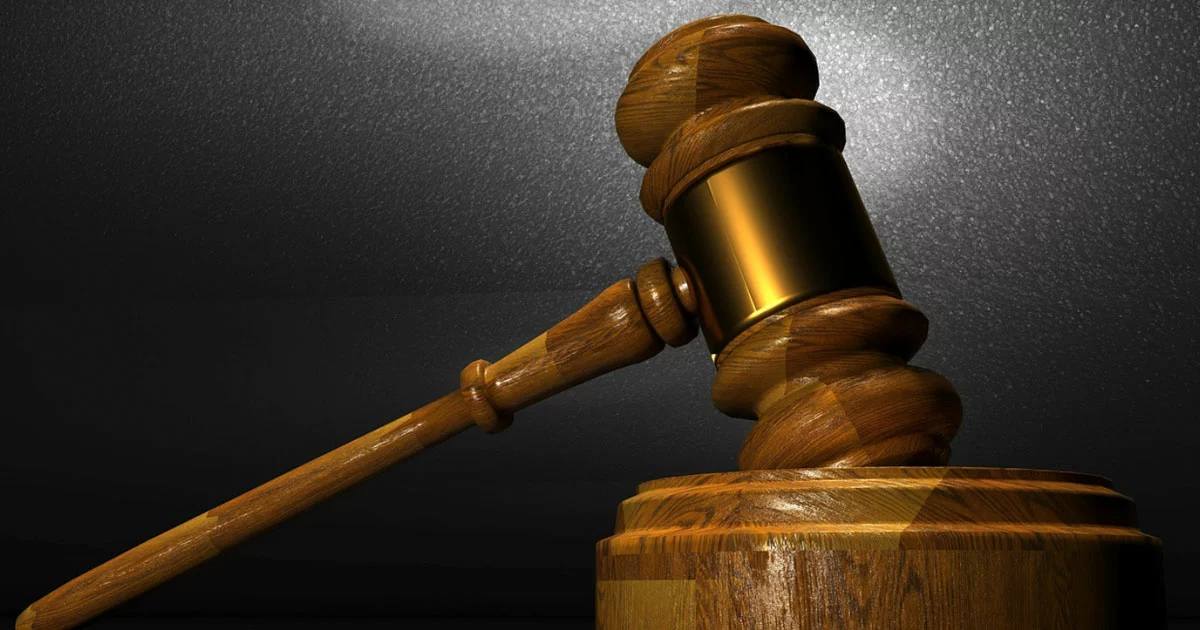Apple and Google accused of facilitating illegal gambling
Apple and Google are the target of a class action lawsuit in the US, accusing them of facilitating illegal gambling by hosting ‘sweepstakes’ casino applications on their platforms. The plaintiffs claim that the two technology giants profit from these activities by taking commissions on integrated purchases, processing financial transactions and using targeted advertising algorithms to attract vulnerable users. This RICO-based lawsuit could redefine the responsibility of digital platforms for the content they distribute.
In March 2025, technology giants Apple and Google found themselves at the centre of a new federal class action in the United States. The lawsuit alleges that the two companies facilitated illegal gambling activities by distributing ‘sweepstakes’ casino applications on their respective platforms.
What are sweepstakes casinos?
Sweepstakes casinos are a form of online gambling that exploit a legal loophole to operate in jurisdictions where traditional gambling is banned. Unlike traditional casinos, these platforms do not directly sell game chips or credits that can be exchanged for real money. Instead, they use a lottery or sweepstakes system to offer games of chance.
How do sweepstakes casinos work?
- Purchases of virtual currencies: Players buy coins or virtual gold, often as a ‘bonus’ with the purchase of a product or service (e.g. a gift card, subscription, etc.).
- Game with two types of currency:
- Play Coins: Used solely for playing with no possibility of real winnings.
- Sweepstakes Coins: Acquired free of charge or as a bonus with purchases, these allow you to play and can sometimes be converted into monetary rewards.
- Winnings and withdrawals system:
- Players use Gold Coins to play games for recreational purposes, with no possibility of monetary gains.
- Sweeps Coins, on the other hand, offer the chance to win real prizes. Players can accumulate additional Sweeps Coins by playing games and, once they have reached a certain threshold, exchange these coins for real money or rewards.
Why are sweepstakes casinos controversial?
- Unclear legal status: By claiming to be promotions rather than gambling, these platforms circumvent state laws banning online gambling.
- Risk of addiction: Like traditional casinos, they exploit psychological mechanisms that encourage players to spend more and more.
- Lack of regulation: Many sweepstakes casinos operate without proper supervision, which can lead to abuse and dubious practices.
Unsuccessful legal action against Apple, Google and sweepstakes casinos
In late 2024, New Jersey resident Julian Bargo filed a lawsuit against Apple, Google and several sweepstakes casino operators. In his complaint, he claimed to have lost more than $1,000 playing on various sweepstakes casino apps available on the App Store and Google Play. He accused the two technology giants of facilitating and profiting from what he considered to be an illegal form of online gambling.
The legal action sought to demonstrate that sweepstakes casinos circumvent gambling laws by using a system of virtual currencies and promotions, allowing users to bet and win real money without officially being considered as traditional casinos. According to Bargo, these practices exploit legal loopholes and put vulnerable consumers at risk, who can be lured into spending large sums of money.
On 18 March 2025, Bargo withdrew its complaint ‘without prejudice’, meaning that it retains the right to re-file at a later date.
A new complaint aimed solely at Apple and Google
Julian Bargo, accompanied by Lamar Prater and Rebecca Platt, filed a new lawsuit on 25 March 2025, this time exclusively against Apple and Google. They are accused of:
- Distribution of ‘sweepstakes’ casino applications: By hosting these applications on the App Store and Google Play, the companies are alleged to have facilitated access to potentially illegal games.
- Collecting substantial commissions: Apple and Google allegedly took a ‘substantial share’ of each integrated purchase made in these applications, thereby profiting directly from gambling activities.
- Financial transaction processing: The two companies’ proprietary payment systems were allegedly used to process transactions between consumers and “sweepstakes” casinos, thereby helping to facilitate gambling operations.
- Targeted advertising: Using search algorithms and advertising tools, Apple and Google allegedly directed vulnerable users to these casino applications, thereby increasing their exposure to gambling-related risks.
This legal action is based on the Racketeer Influenced and Corrupt Organizations Act (RICO), a US federal law originally designed to combat organised crime. Representatives of Apple and Google have not yet publicly responded to these allegations.


